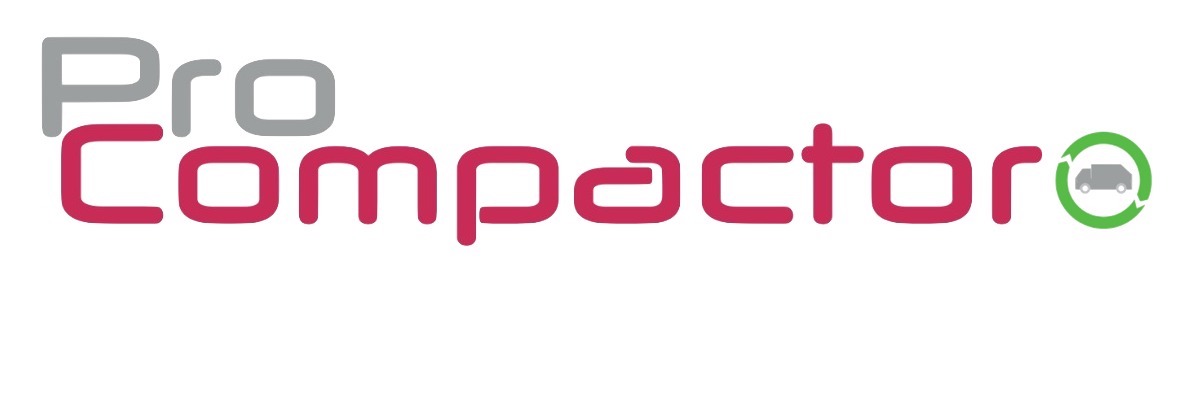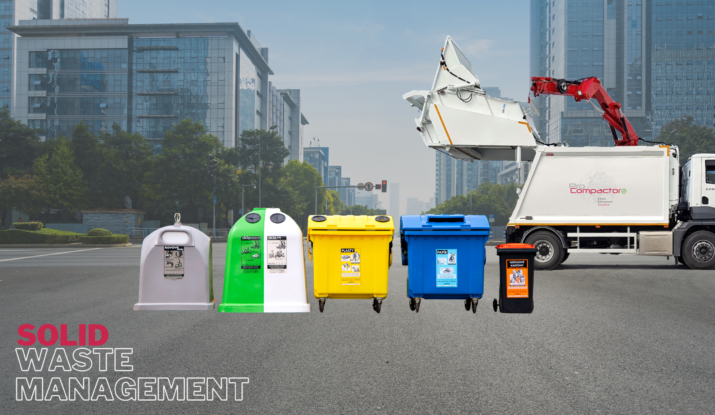What is Solid Waste Management?
Solid waste management is the process of collecting, storing, treating, and disposing of solid materials that are discarded by society. These materials include things like household waste, construction and demolition debris, and industrial waste. The goal of solid waste management is to reduce the negative impact of these materials on the environment and public health and to recover resources from the waste stream whenever possible. There are a variety of methods that can be used to manage solid waste, including recycling, composting, and incineration.
Collection: Solid waste is typically collected by a municipality or private company and transported to a facility where it can be processed. Collection can be done manually by waste collectors using trucks, or it can be automated using systems such as pneumatic tubes or conveyor belts.
Storage: After collection, solid waste is typically temporarily stored at a transfer station or materials recovery facility (MRF). Here, it is sorted and separated into different types of materials, such as paper, plastic, and metal, which can be recycled or sold to manufacturers for reuse.
Treatment: Solid waste can be treated in a variety of ways depending on its type and composition. Recyclable materials are typically sorted and processed at an MRF, while organic waste can be composted to produce a nutrient-rich soil amendment. Non-recyclable waste may be incinerated to produce energy, or it may be sent to a landfill for long-term storage.
Disposal: The final step in the solid waste management process is disposal. Non-recyclable waste that cannot be treated or recovered is typically sent to a landfill, where it is buried in a specially designed-area. Landfills are designed to minimize environmental impacts and protect public health, but they can still have negative impacts on air and water quality.
Overall, the goal of solid waste management is to minimize the amount of waste that is produced and to maximize the amount of waste that is recycled or recovered. This helps to conserve natural resources, reduce pollution, and reduce the need for new landfills.
Types of Solid Waste Management Vehicles:
Rear Loader Garbage Trucks: Rear loader garbage trucks are one of the most common types of waste management vehicles. They are equipped with hydraulic arms that are used to pick up and transport large containers, also known as “skips,” that are filled with waste material.
Side Loader Garbage Trucks: Side loader garbage trucks are designed for curbside collection of waste. These vehicles are equipped with a hydraulic arm that can reach over the side of the truck, making it easier to collect waste from the ground.
Roll-off Trucks: Roll-off trucks, also known as skip loaders, are heavy-duty vehicles that are designed for the transportation of large containers filled with waste material. These vehicles play a crucial role in ensuring efficient waste disposal and are widely used across various industries and residential areas.
Compactor Trucks: Compactor trucks are equipped with a hydraulic compaction system that compacts waste material into a smaller and more manageable size. This results in fewer trips to the disposal site, reducing transportation costs and improving efficiency.
Advantages of Using Solid Waste Management Vehicles and Equipment:
Improved Efficiency: Solid waste management vehicles and equipment are designed to improve efficiency and reduce the amount of time and resources required for waste disposal. This results in a more cost-effective waste management system.
Reduced Costs: By improving efficiency and reducing the amount of waste that needs to be transported to the disposal site, solid waste management vehicles and equipment help to reduce transportation costs.
Protecting the Environment: Solid waste management vehicles and equipment are designed to be environmentally friendly, reducing the amount of waste that ends up in landfills and helping to protect the environment.
In conclusion, solid waste management vehicles and equipment play a crucial role in the waste management industry, helping to improve efficiency, reduce costs, and protect the environment. With a wide range of vehicles and equipment to choose from, there is a solution for every waste managemeIntroduction:
Waste management is a critical aspect of modern society, and the industry is constantly evolving to meet the growing demands of a rapidly expanding population. With advances in technology, the solid waste management industry is now equipped with a wide range of vehicles and equipment that are designed to improve efficiency, reduce costs, and protect the environment.







 Contact Us
Contact Us